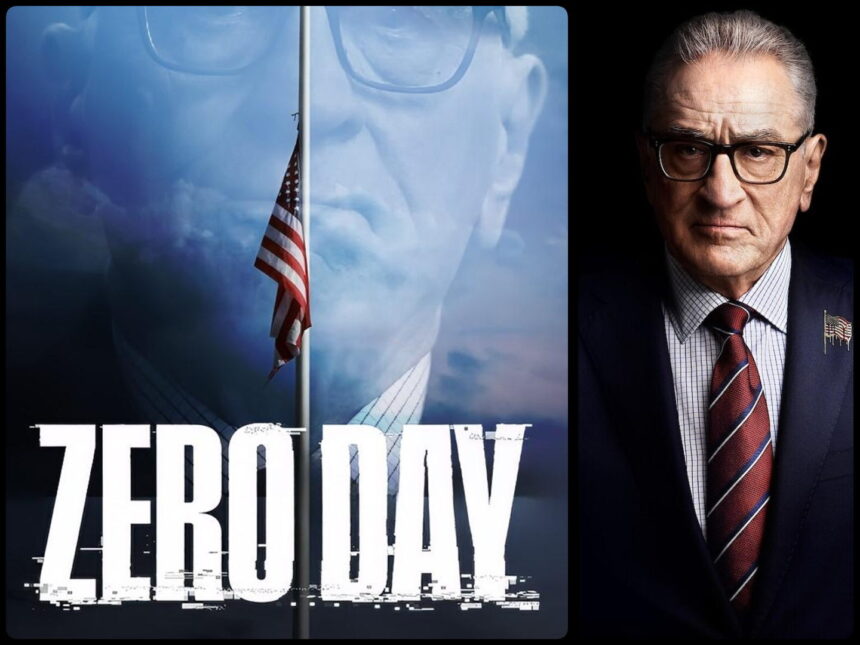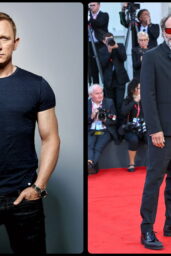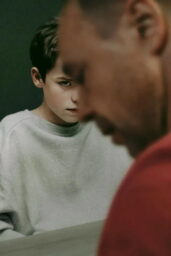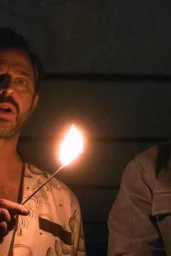Imagine you're sitting in a darkened theater—or, let's be real, sprawled on your couch with Netflix queued up—and the screen flares to life with a world on the brink. That's Zero Day, a shiny new political thriller that dropped on February 20, 2025, right into the lap of an America that's already twitching with unease. I can almost hear the popcorn crunching as Robert De Niro, in his first big TV gig, steps up as George Mullen, a former president yanked out of retirement to wrestle with a cyberattack that's left thousands dead and a nation unglued. It's a premise that screams “now,” but here's the rub: does it grip your heart and shake it, or just leave you shrugging at the screen?
I've always believed a good film—or series—should feel like a conversation with the times we're living in. Zero Day wants to be that chatty friend who's got all the hot gossip about our polarized mess of a country. Created by Eric Newman, Noah Oppenheim, and Michael Schmidt, it's got a cast that reads like a cinephile's dream journal: Angela Bassett, Lizzy Caplan, Jesse Plemons, Dan Stevens, and more. But as I watched, I couldn't shake the feeling that this slick, paranoid package might be arriving at the worst possible moment—or maybe the best, if you're into wallowing in our collective dread.
Let's start with the hook: a cyberattack that lasts just 60 seconds but sends planes crashing, trains colliding, and phones buzzing with a chilling promise—“THIS WILL HAPPEN AGAIN.” It's a gut-punch opening, no doubt, and Zero Day doesn't waste time tossing us into the deep end. De Niro's Mullen, a one-term prez beloved across party lines (a unicorn in today's politics), gets tapped by President Evelyn Mitchell (Bassett, regal but underused) to head a commission with powers that'd make the Patriot Act blush. Shredded Constitution? Check. Torture on the table? Yup. It's a setup that could've been ripped from tomorrow's headlines, and that's where the series both shines and stumbles.
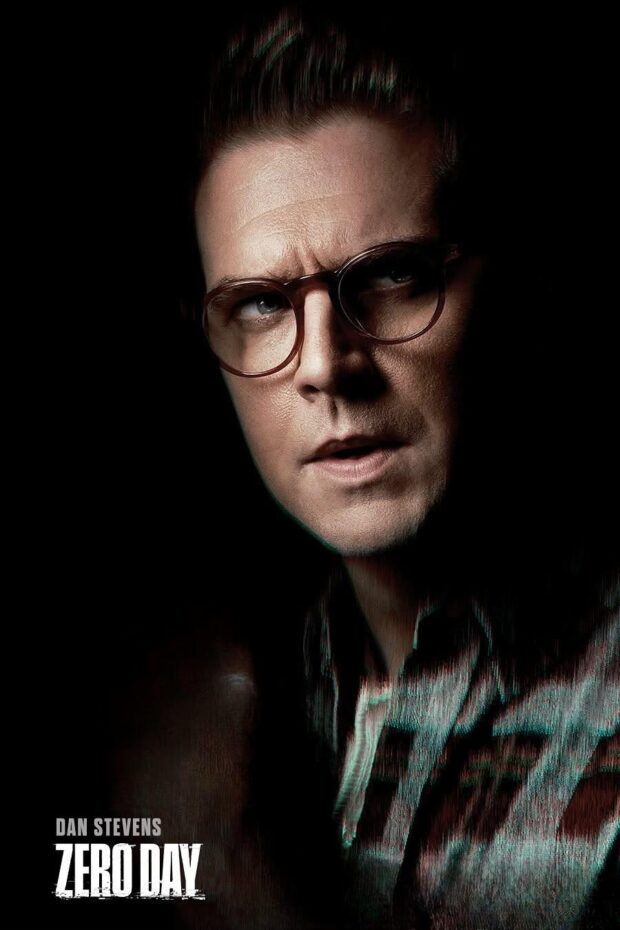
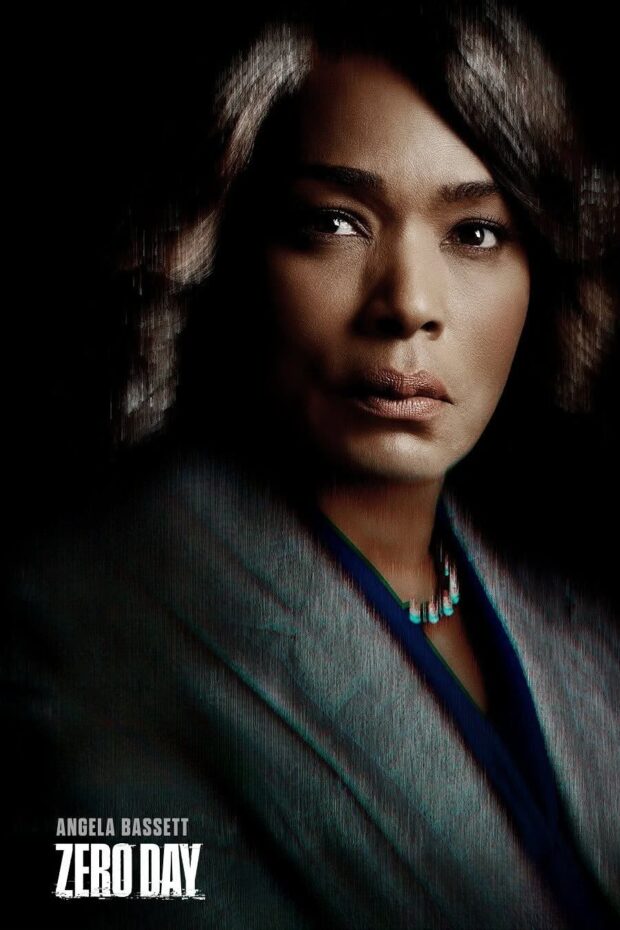
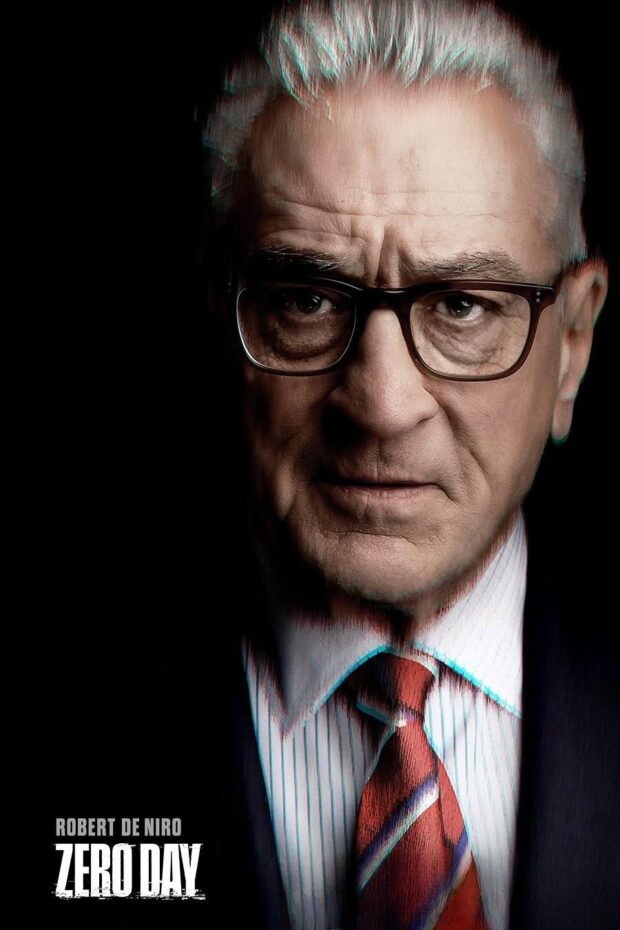
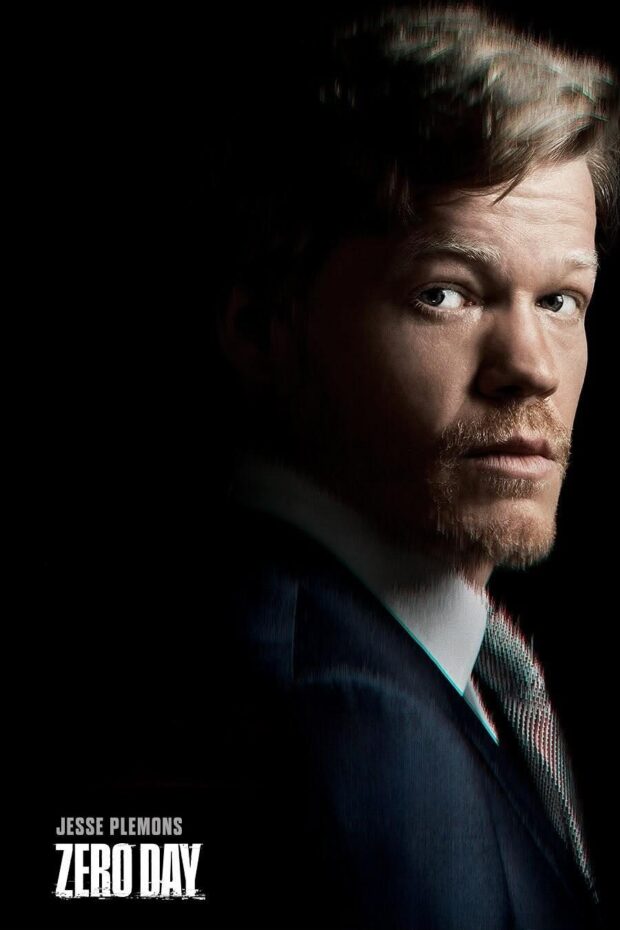
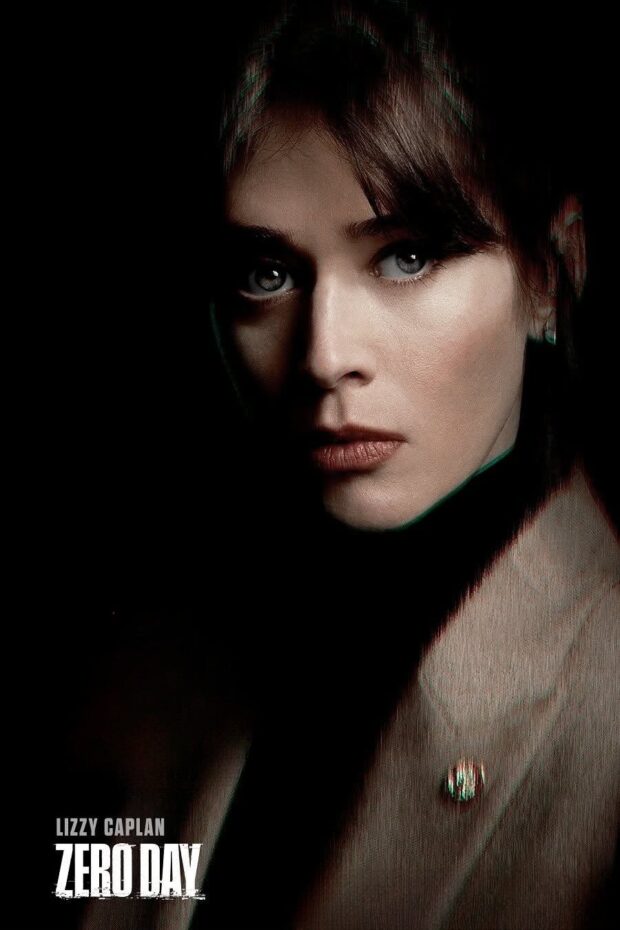
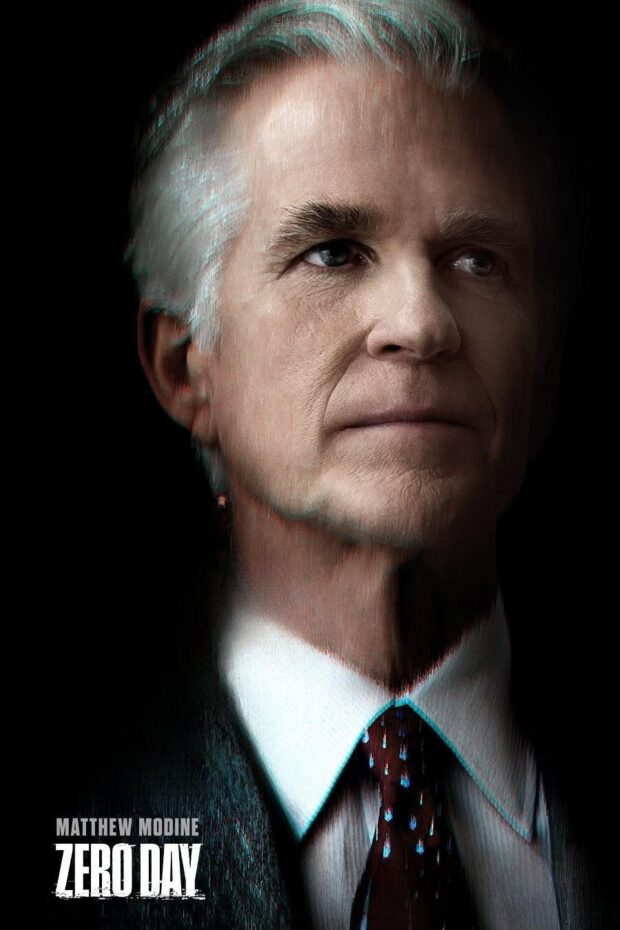
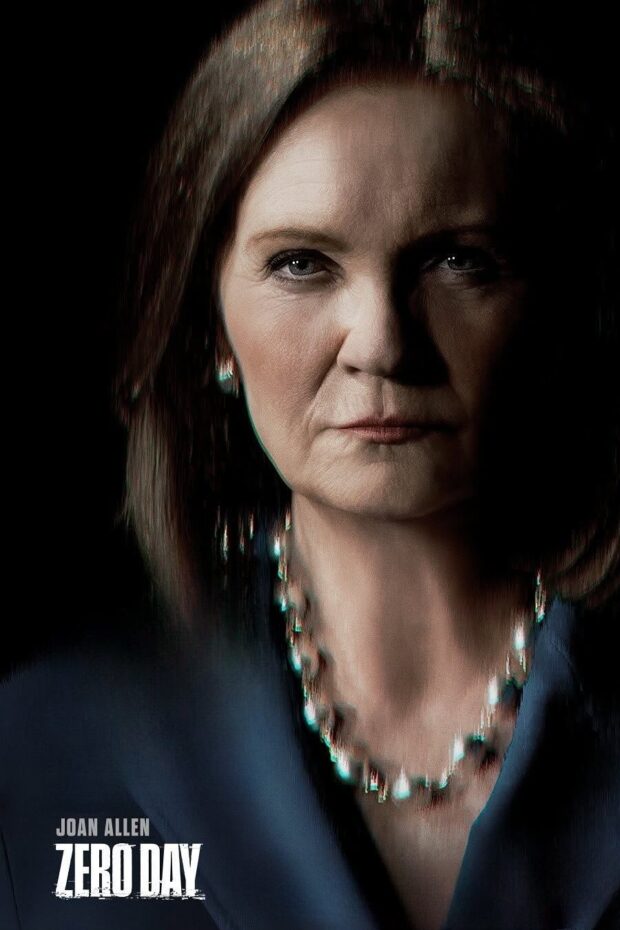
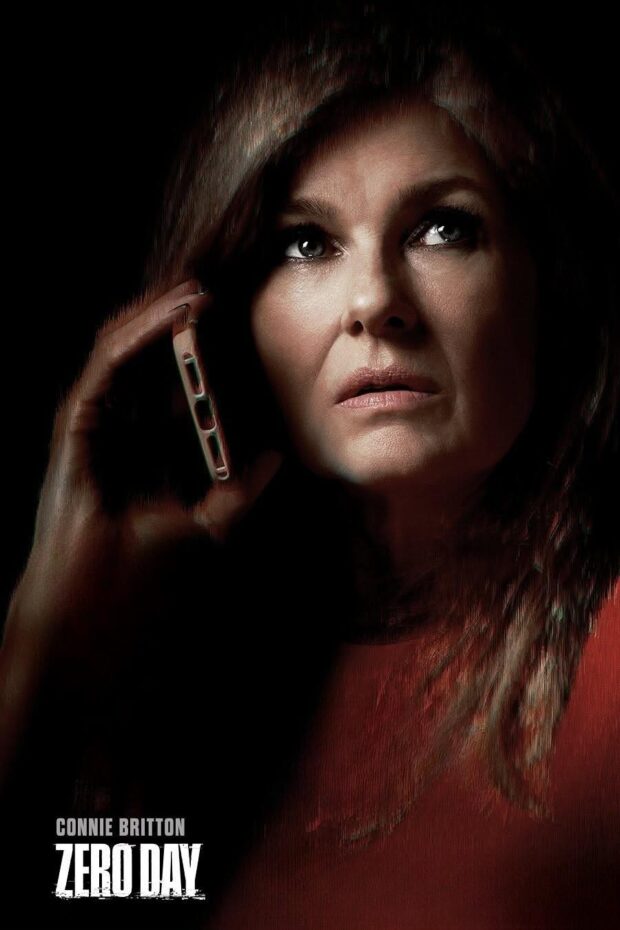
De Niro plays Mullen with a quiet gravitas that's pure Bobby—those moments where he's brooding over a past tragedy (a dead son, natch) or hearing the Sex Pistols' “Who Killed Bambi?” rattling in his skull are vintage De Niro, all intensity and furrowed brows. But then he flips a switch, barking orders to round up citizens or sanction a little “enhanced interrogation,” and you see the thug beneath the suit. It's a fascinating arc—here's a man of integrity sliding into fascism faster than you can say “national security.” The show wants us to question whether he's losing it (dementia? sabotage?) or just showing his true colors, but it hedges its bets, letting him off the hook with a “maybe he's not well” excuse that feels like a cop-out.
The ensemble's a feast for the eyes and ears. Jesse Plemons, as Mullen's shady aide Roger, oozes that creepy charm he's perfected—think Fargo meets a Beltway fixer. Dan Stevens steals scenes as Evan Green, a conspiracy-spewing pundit who's equal parts Alex Jones and carnival barker; he's so over-the-top you almost cheer for his sleaze. Lizzy Caplan's Alexandra, Mullen's congresswoman daughter, spars with him in ways that hint at real family tension, though her subplot fizzles out. Joan Allen, as Mullen's wife Sheila, deserves better than the “worried spouse” trope she's stuck with, while Gaby Hoffmann's tech billionaire (Elon Musk with a twist) and Matthew Modine's oily Speaker of the House add layers of intrigue. Connie Britton and Bill Camp round out the crew, solid as ever, but the script doesn't give them enough meat to chew.
Where Zero Day trips is in its ambition. It's got all the trappings of a prestige thriller—sleek direction by Lesli Linka Glatter, a pulsing score, twists galore—but it's too scared to pick a side. Political parties? Never named. Left or right? Who knows! It's so determined to stay “centrist” that it ends up toothless, pointing at America's divisions without digging into why they're there. Compare it to, say, All the President's Men, which didn't just show paranoia but dissected it, and Zero Day feels like a glossy surface-skimmer. The cyberattack plot gets wild—think rogue hackers, Russian whispers, and a tech mogul's schemes—but it's more airport paperback than profound cinema.
And oh, the bleakness. This isn't a show you binge with a grin. It's a slow drip of despair, each episode heavier than the last, until you're half-tempted to switch to Ted Lasso for some sunshine. There's a flicker of hope in the finale, but it's so faint against the gloom—and the real-world chaos of 2025—that it feels like a polite lie. Maybe that's the point: we're past easy fixes. But as a viewer, I wanted more than a shrug.
Conclusion
Zero Day is a paradox—it's gripping yet frustrating, timely yet timid. It's got a cast that could carry a sinking ship, and De Niro's still got that spark, but it's a series that doesn't trust itself to say something bold. In a way, it's like the America it portrays: full of potential, teetering on collapse, and too afraid to look in the mirror. I admire its guts for tackling our fractured now, but I can't help wishing it had the soul of a classic political thriller—something to make you think, not just flinch. As it stands, it's a slick ride that'll hook you, but when the credits roll, you might wonder what it was all for. In 2025, with the world feeling like a powder keg, maybe that's the most honest ending it could've had.
Personal Impressions
I wanted to love Zero Day—that cast alone had me sold—but it left me torn. De Niro's magnetic, especially when he's unhinged, and Stevens is a riot, but the show's so darn grim it's like swallowing a brick. The premise hooked me hard; a cyberattack thriller in today's climate? Yes, please! Yet it's all flash, no depth—like a politician's soundbite. I get the cynicism; these are dark times. But the refusal to take a stand, to really wrestle with our divides, felt like a missed shot. It's good TV, sure, but it could've been great cinema for the soul.
Are we ready for a political thriller like Zero Day in 2025, or is it just too close to home? What do you think?

